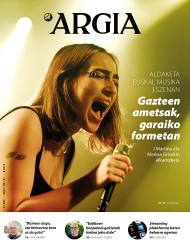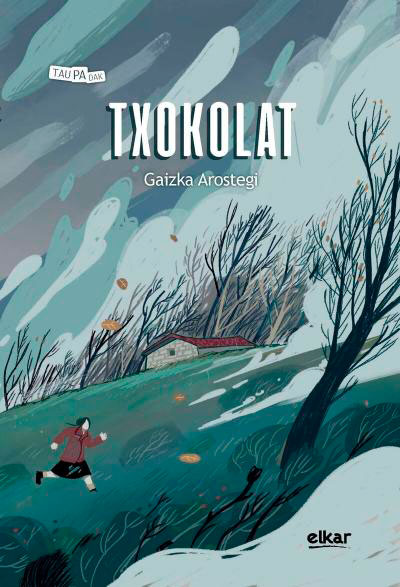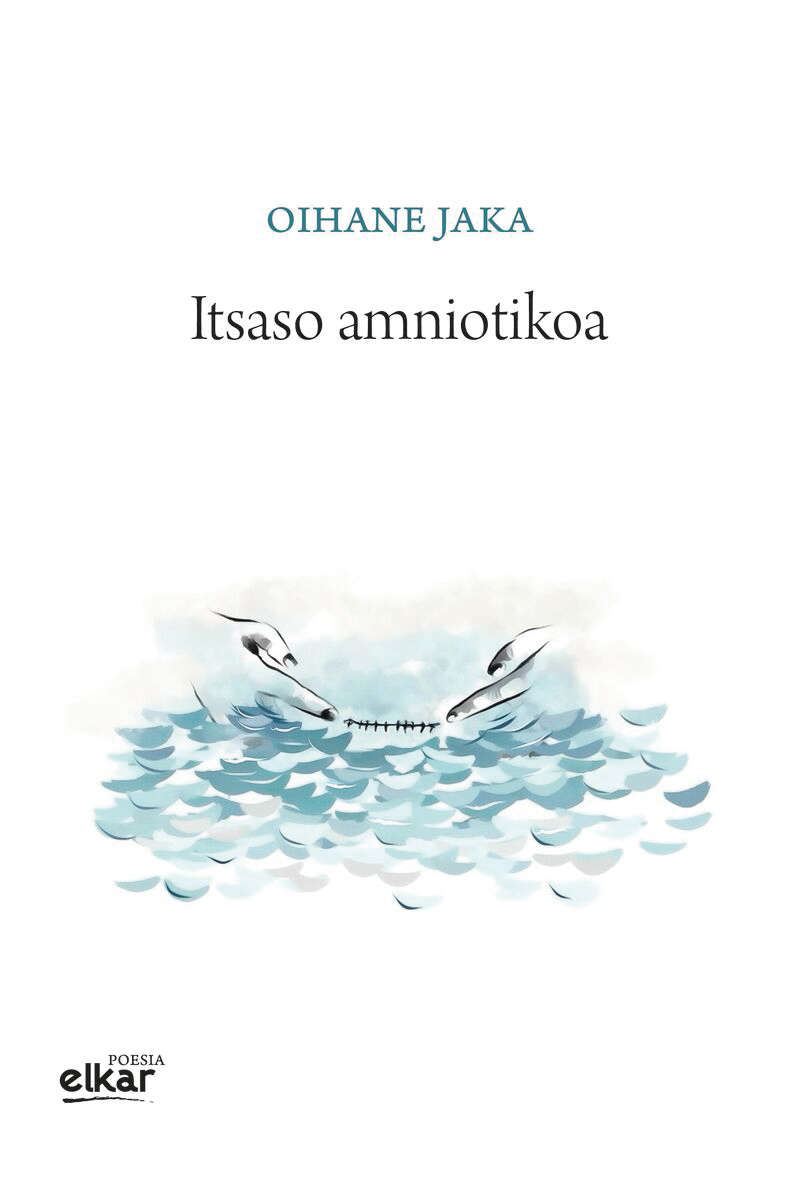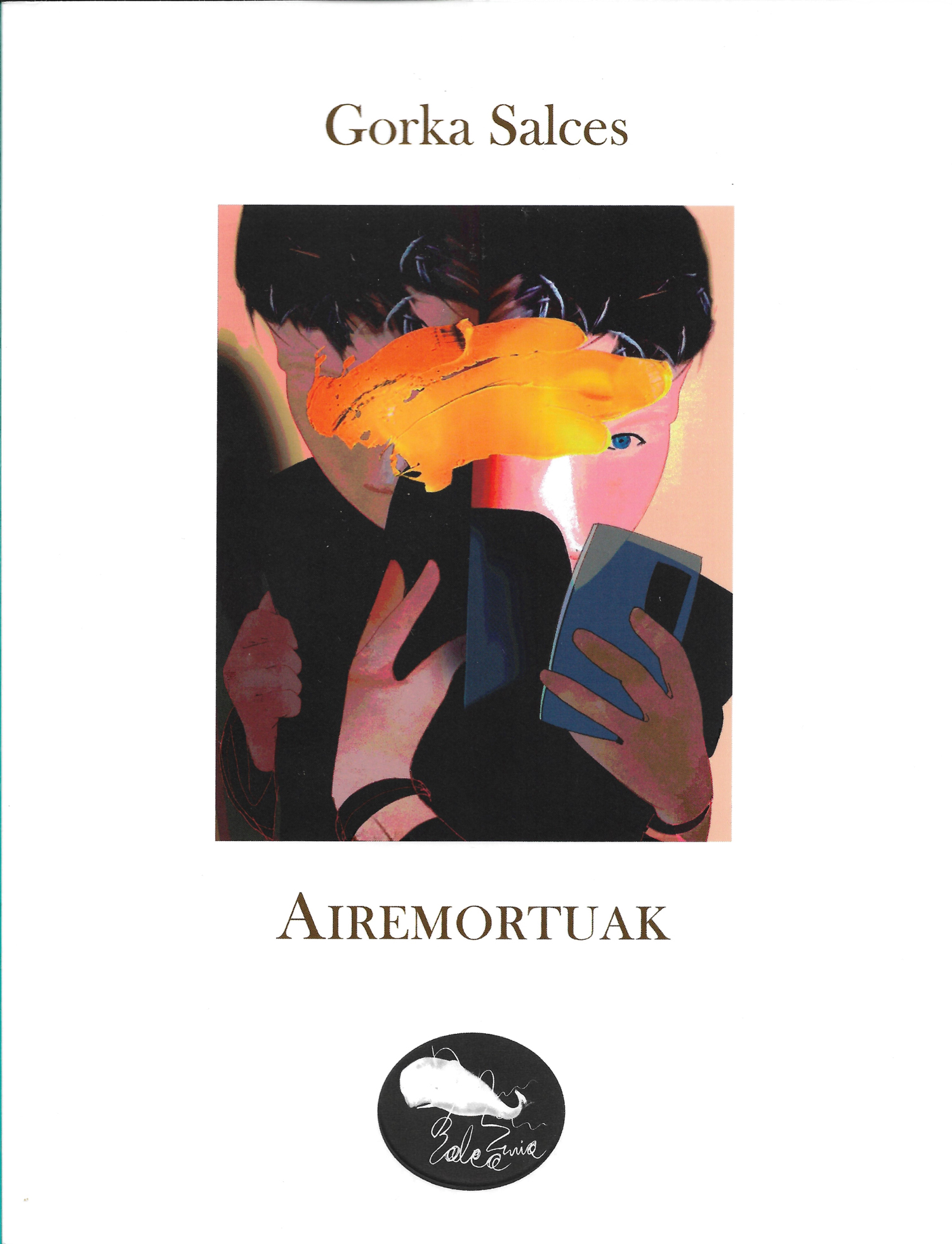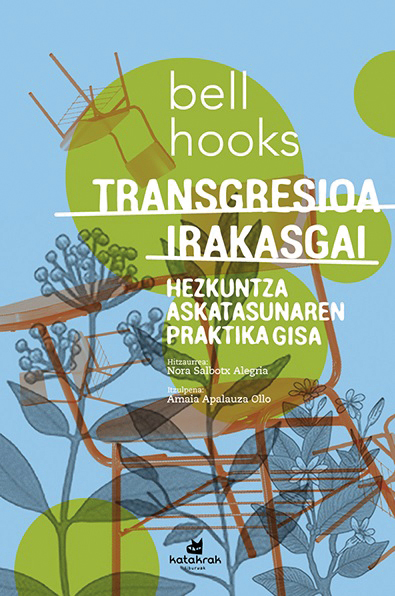Historical process of Basque sub-integration
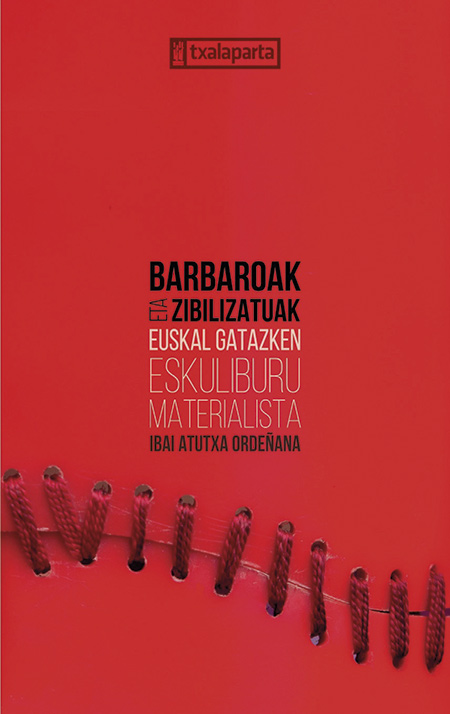
Ibai Atutxa just published with the editorial Txalaparta and the Iratzar Barbaroak Foundation and civilized. Materialist manual of Basque conflicts. I read it enthusiastically, because I think it is very important to create thinking in Basque and to offer theoretical and discursive resources from and to there. Critical, committed and educated look.
The thesis that we will find in this short but intense book is as follows: “An imaginary ‘base’ for designating Euskalduna has been continually renewed, transformed and expanded to dehumanize and subalternize the disobedient Basque throughout modernity”. And this has legitimized violence against him. The Basque Country has been both the field of oppression and resistance, and the author has overcome the civilized/savage dichotomy, and calls an incivilized nation.
We will read that throughout history the Basques have been depicted as "barbarians", "heretics" and "anti-democratic": over time they will be Basques "wild" witches, workers or terrorists and therefore torturable. Meanwhile, civilized Basques will be built on the other side of the scale, but these will be “at the centre of violence and capitalist colonial benefit”.
Terminology has awakened me the desire to play with language, the hook of linguistic reflection. The author uses "Basa" and "barbaro", he has not chosen the savage. The word barbarian comes from bar-bar onomattopia and was a pejorative term to designate people from behind or from the other in the classical world. However, they take us into the forest of the "baseman" and the "savage", an unknown field outside the village, so fruitful in literature and in film. Both introduce global conceptions, symbols that reinforce the work thesis.
However, if this work is to be a manual or toolbox for transformation, it should perhaps have a more informative language to reach more people. Following Let's talk about Tere Maldonado, phrases such as: “The Basque base does not fully respond to the neoliberal cyisheteropatriarchal and colonial biopolitical and necropolitical regimes so far theorized” and makes the specific vocabulary more accessible.
The sound of the door was heard while they were having dinner. The stars of the sky said the sabbata was ripe,” thus begins this short novel by Gaizka Arostegi, when Gestapo's "dogs" touch Sara's home door and her parents. As the reader would conclude, this is a novel set in the... [+]
We opened the poems book by Oihana Jaka and found two deals. One father and another son. It is worth noting for its direct relationship with the poems we will find. The book is structured in three parts:
Hamaika urte, Hamaika hilabete eta Hamaika egun. Number eleven is also... [+]
Karmele Mitxelena published in this Xaguxar collection the story The Summer of Fresa in 2022. It narrated the summer adventures of some boys and girls. Now, instead, Aitona Flora's book is a much more interiorized, exciting story narrated from the point of view of the protagonist... [+]
The proximity to the Sun has modified the speed of the Earth in its circumvalation movement. However, there are other speeds, and it seems that the speed of the earth is getting faster and faster, or at least the changes are constant. In this situation, it is necessary to... [+]
"Diversity" in teaching is a well-known concept, and teachers (you won't be surprised to know that in the Bestiak library there are also teachers) try to make heterogeneous groups of students to ensure diversity. But do we have tools to not perpetuate the oppression between... [+]







